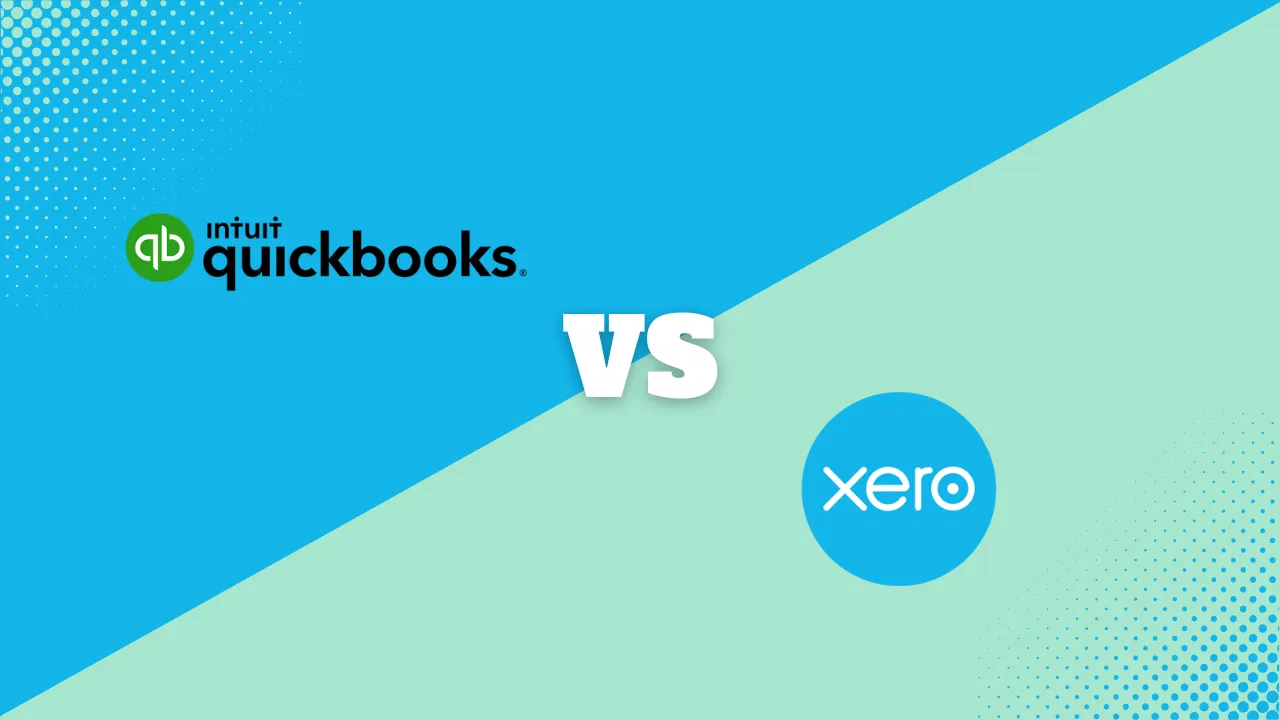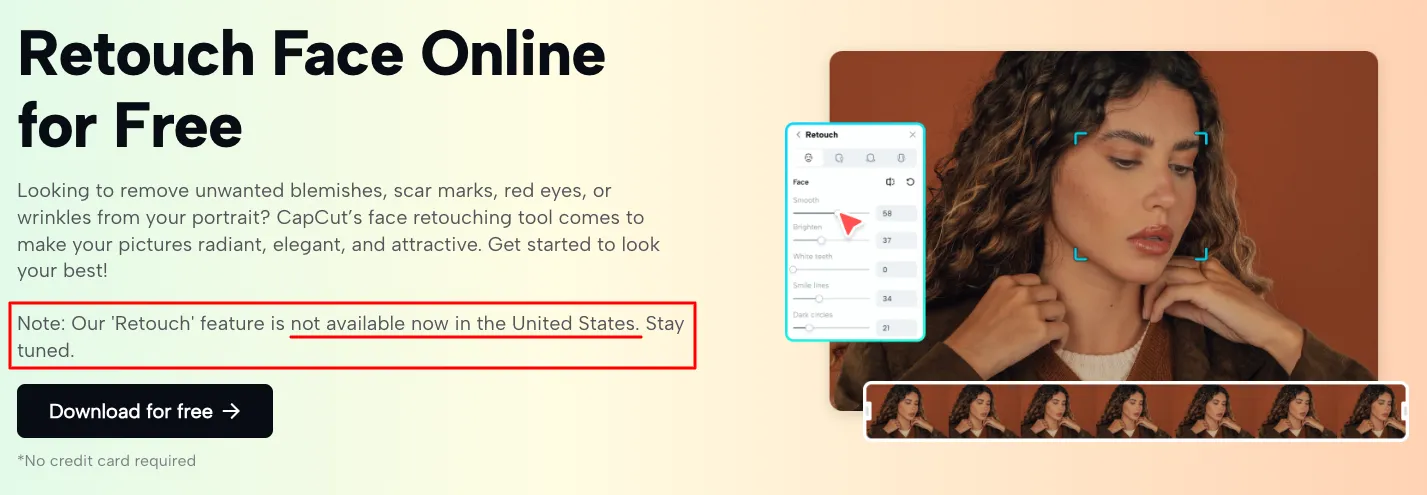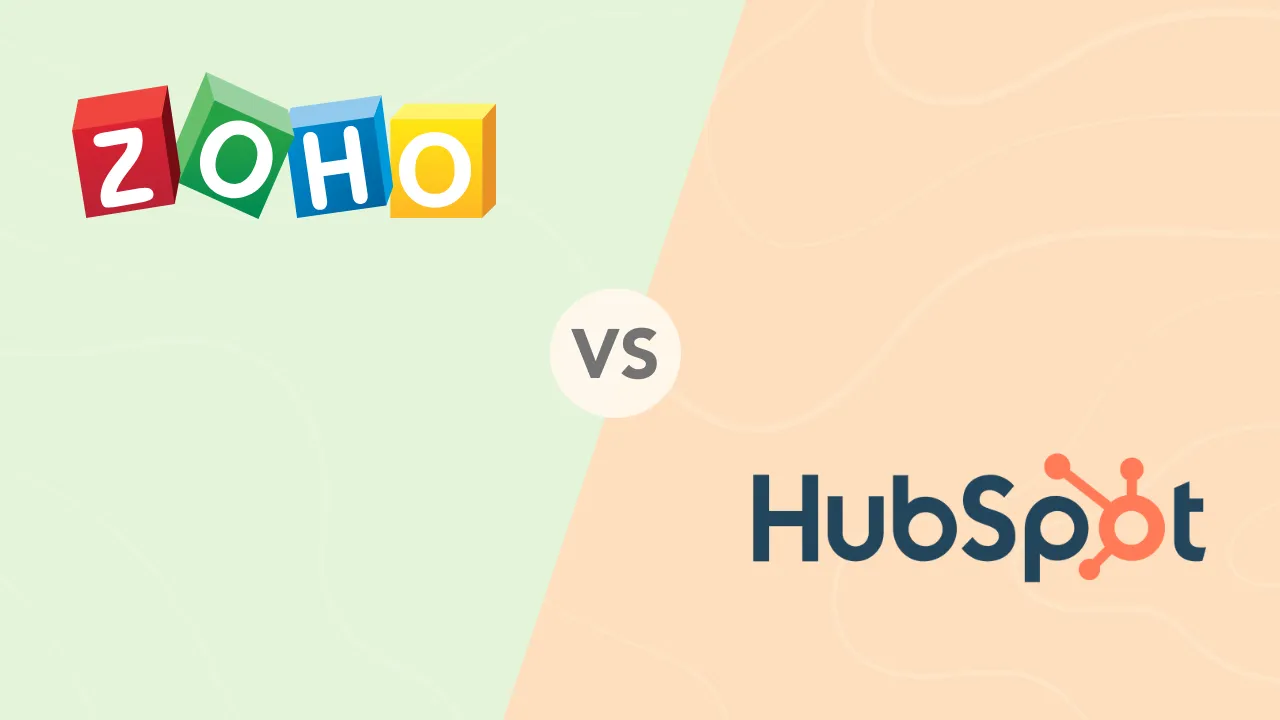How to Choose a Merchant Services Provider for Your Small Business (2025 Guide)

Choosing the right merchant services provider can make or break your payment experience as a small business owner. From accepting credit cards to managing transactions online and in person, the right partner should make your operations smoother — not more complicated.
In this guide, we’ll explain everything you need to know about choosing a merchant services provider that fits your needs, budget, and future goals.
What Are Merchant Services, Exactly?
Merchant services are the tools and systems that allow businesses to accept and process customer payments through credit cards, debit cards, digital wallets, or online portals. These services typically include:
- Credit card processing
- Point-of-sale (POS) systems
- Payment gateways for online transactions
- Mobile payments
- Recurring billing or subscription payments
- Reporting and analytics dashboards
A merchant services provider offers these solutions and acts as the bridge between your business, the customer, and the payment networks.
Looking for How to Choose a Merchant Services Provider?
Start by identifying your business’s payment needs. Then, compare providers based on fees, contract flexibility, hardware, and support. Make sure they offer transparent pricing and scalable tools that fit your growth.
Key Factors to Consider When Choosing a Merchant Services Provider
1. Understand Your Payment Needs
Are you a mobile food truck, a retail shop, or an online business? Your type of business will influence whether you need:
-
A mobile card reader
-
An in-store POS system
-
Online checkout and invoicing tools
-
Recurring billing for memberships or services
Knowing what you need will help you rule out options that don’t fit.
2. Compare Pricing Models
Every merchant services provider has a different fee structure. Common fees include:
-
Transaction fees (flat rate or percentage)
-
Monthly service fees
-
Setup or cancellation fees
-
Chargeback fees
Look for providers that are transparent about their pricing. Some use flat-rate pricing (e.g., 2.9% + 30¢ per transaction), while others use tiered or interchange-plus pricing. Ask for a detailed cost breakdown.
3. Look for Contract Flexibility
Some providers lock you into multi-year contracts with early termination fees. Others offer month-to-month options. If you’re just starting out or testing new markets, choose a provider with minimal commitment.
4. Ease of Use and Integration
Choose a provider that works seamlessly with the tools you already use:
-
Your accounting software (like QuickBooks, FreshBooks, or Zoho Books)
-
Your e-commerce platform (like Shopify, WooCommerce, or Wix)
-
Inventory or CRM systems (like Striven or vcita)
A system that integrates easily with your existing tech stack will save you time and hassle.
5. POS Hardware and Mobile Capabilities
Need physical card readers or countertop POS devices? Make sure your provider offers hardware that suits your layout — from mobile swipers to full-featured touchscreens. Look for contactless payments, EMV chip compatibility, and mobile app support.
6. Customer Support and Reliability
Reliable 24/7 support is crucial, especially if you operate outside typical business hours. Look for a provider that offers:
-
Live chat, phone, and email support
-
A helpful knowledge base or tutorials
-
Uptime guarantees and quick issue resolution
7. Scalability and Growth Tools
If you plan to expand, your provider should grow with you. Features to consider include:
-
Multi-location support
-
Virtual terminals
-
Subscription billing
-
Advanced analytics and reporting
-
Dedicated account management (like with 1-800Accountant)
Related Articles




Questions to Ask a Merchant Services Provider
Before you commit, ask these key questions:
- What are all the fees involved (setup, monthly, transaction)?
- Is there a long-term contract or cancellation fee?
- What types of payments can I accept?
- Can I accept contactless, mobile, or international payments?
- What POS hardware is included or optional?
- How does it integrate with my accounting software?
- How do I reach support if something goes wrong?
Final Thoughts
Choosing a merchant services provider isn’t one-size-fits-all. Take the time to evaluate your needs, ask the right questions, and try demos or free trials where available. The best provider is the one that makes it easy for your customers to pay and helps you stay focused on what matters — running your business.
If you’re not sure where to start, check out our merchant services comparison tool and discover which provider checks all your boxes.
📌 Want a shortcut? Compare trusted providers now → Merchant Services Comparison.
